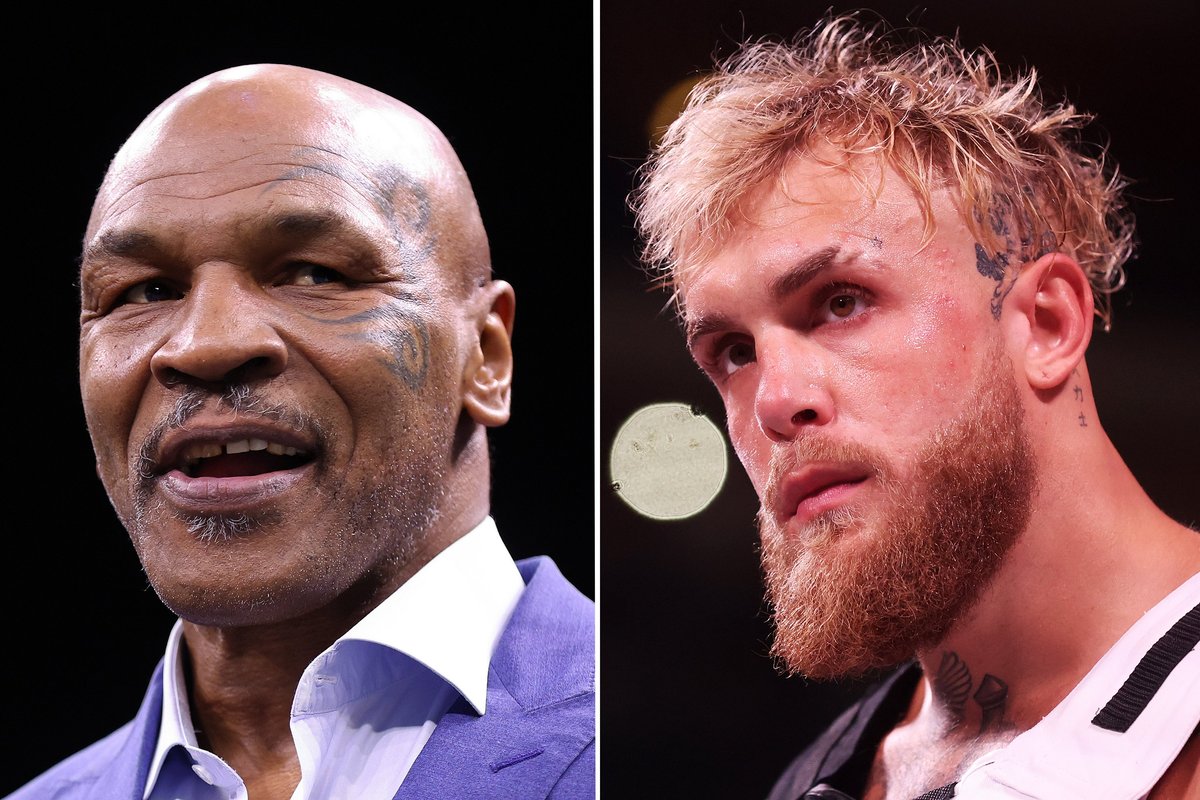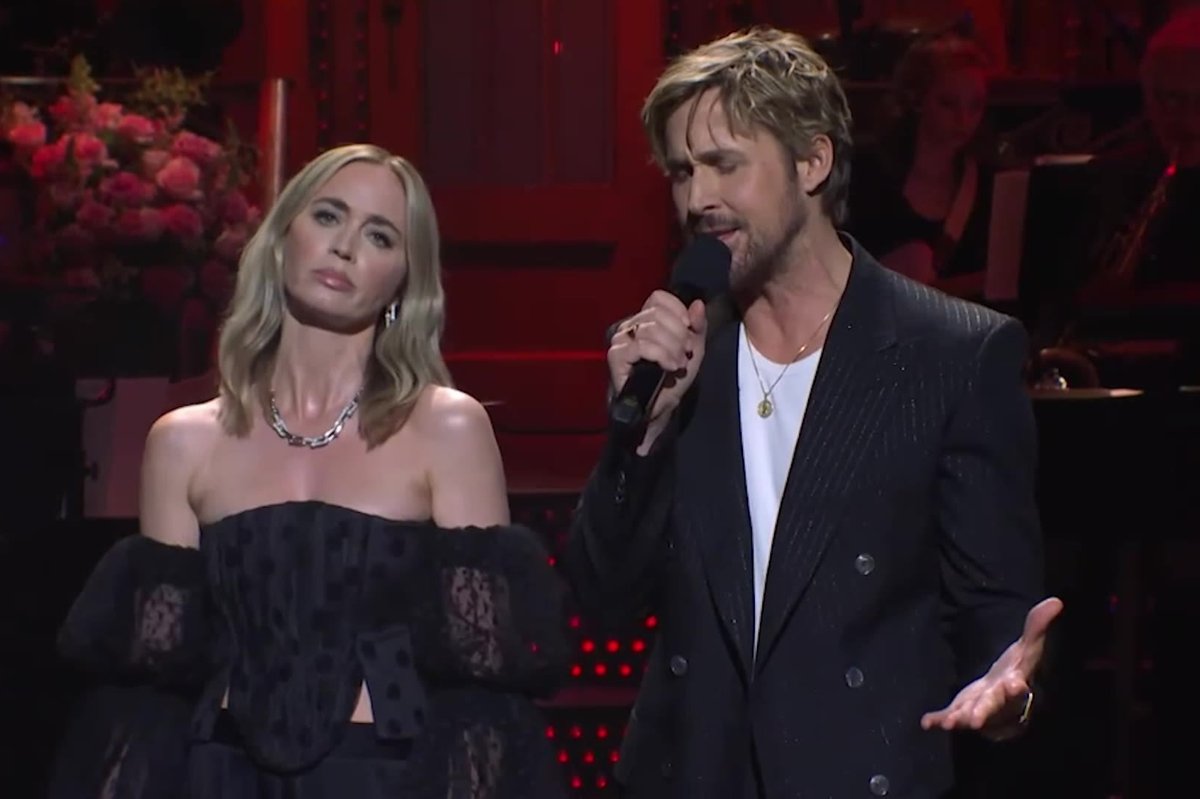News
Jake Hall
May 18, 2018

Screengrab: YouTube
Screengrab: YouTube
Earlier this week, the CAP (Committee of Advertising Practice) launched a public consultation which could see ads driven by gendered stereotypes banned.
Women solely shouldering the burden of housework and rugged, powerful, outdated male 'breadwinners' are among the tired examples listed in rules which state that stereotypes "likely to cause harm, or serious or widespread offence" should be eradicated.
If implemented, the new guidelines could affect both broadcast and non-broadcast media.
Expanding on the proposed changes and their reasoning, project leader Ella Smillie stated:
Our review of the evidence strongly indicates that particulate forms of gender stereotypes in ads can contribute to harm for adults and children by limiting how people see themselves and how others see them and the life decisions they make.
The idea that adverts can influence our own self-image isn't new; if the last few years have shown anything, it's that diverse, positive representation matters.
Advertisers might not always get it completely right, but there have been several occasions on which they've got things so, so wrong. Here are a few of the most noteworthy examples of the archetypes these rules are determined to stamp out.
Mercedes Benz
Way back in 2007, Mercedes Benz faced backlash for a series of ads driven by the tagline:
Beauty is nothing without brains.
Debuting during the Super Bowl, the short videos all show attractive blonde women misjudging their environments to apparently hilarious effect.
Perhaps the most-publicised example was of this confused, hungry woman who wanted to order a burger, fries and a milkshake but failed to realise she was in a library.
Not only did it play up to the 'dumb blonde' stereotype, it carried on a long tradition of women being mocked or marginalised in car ads.
Asda
Back in 2012, An Asda advert depicting a stressed, overworked mum and housewife struggling to prepare for Christmas was met with floods of complaints - more than 600, to be exact.
The backlash sparked a review by the Advertising Standards Authority (ASA) but the ad was eventually cleared, with a supermarket spokesperson claiming that the clip wasn't sexist, just accurate:
Extensive consumer research and feedback indicated that the majority of customers identified with the ad's representation of Christmas.
Eight out of ten mothers [of 1,896 surveyed] believed the ad reflected common experience, rather than outdated stereotypes.
Kia
You're probably familiar with the stereotype that all women are bad drivers.
Kia decided to lean on this trope back in 2016, with a car advert that depicted a woman ignoring the good advice of her husband and instead driving her car up a hill in order to show him who "wears the pants" - "yoga pants are pants," she clarifies internally.
Not only does it imply that she can't drive, it also implies that she's petty and bitter. Great representation, right?
Protein World
It was back in 2015 that Protein World upped the ante on sexist ads.
Not only did the company decide to sexualise a woman and exploit her body to push weight-loss products, it sent a not-so-subtle fat-shaming message which galvanised social media users and led to a flood of complaints. Again, the advert was cleared by the ASA.
But some good did come of the campaign earlier this year; the ad was repurposed by plus-size fashion brand navabi, who recruited three beautiful women - one of whom was its social media editor and fat-positive author and blogger Bethany Rutter - to pose for a recreation with a much more positive message: Every body is beach body ready.
Speaking to The Independentearlier this year, Rutter explained:
We wanted to say, without hesitation, that there shouldn't be a black cloud hanging over your summer because you think you don't have the right kind of body.
We wanted to show people bodies they don't see every day.
Yorkie
Stereotypes apply to men, too.
Sure, they're often painted as the rugged, heroic saviours, but they're also sold manly things (which usually look and smell terrible, yet cost more) and taught to fear pink like the plague.
This Yorkie ad for 'masculine' chocolate is based on the idea that one bar can fuel manly men to do manly stuff like, you know, changing tyres and belching the alphabet.
The boring 'alpha male' stereotype hasn't aged well, but it's at least an improvement on the 'Not for Girls' tagline which once dominated the company's ads. Not only was the slogan dull and pointlessly sexist, it was backed up by a lack of factual evidence. I mean, how many women have you seen bite into a Yorkie and immediately sprout facial hair?
Audi
Last year, Audi made worldwide headlines for a Chinese advert comparing a bride to a used car.
The clip opens with a wedding ceremony interrupted by the groom's mother, who runs down the aisle to intrusively prod and poke her soon-to-be daughter in law. The horrified groom exclaims as his mother walks away and flashes a sign of approval. The camera than pans down slightly and the bride covers her chest.
It's at this point that the ad cuts to footage of a red Audi alongside the tagline:
An important decision must be made carefully.
The company withdrew the ad after widespread complaint, both from Chinese consumers and worldwide social media users.
Sprite
In 2016, Sprite's attempt at an "edgy but humorous" ad campaign fell flat (yes that was a pun, no we're not sorry).
Posting a series of one-liners as some weird splash banner on the Irish Joe website might seem like the perfect way to win over the #millennial #lad, but slogans like, "A 2 at 10 is a 10 at 2!" were deemed derogatory. One went a step further and veered into full-scale slut-shaming:
She's seen more ceilings... Than Michelangelo.
Exactly what this kind of 'uni halls banter' has to do with soft drinks is still unclear, but the #BrutallyRefreshing campaign came to an abrupt close when social media users called it out as sexist and unnecessary. The company later claimed the "content did not meet [the company's] standard".
More: Feminist accuses English language of sexism and gets a detailed response from linguist
Top 100
The Conversation (0)
x













